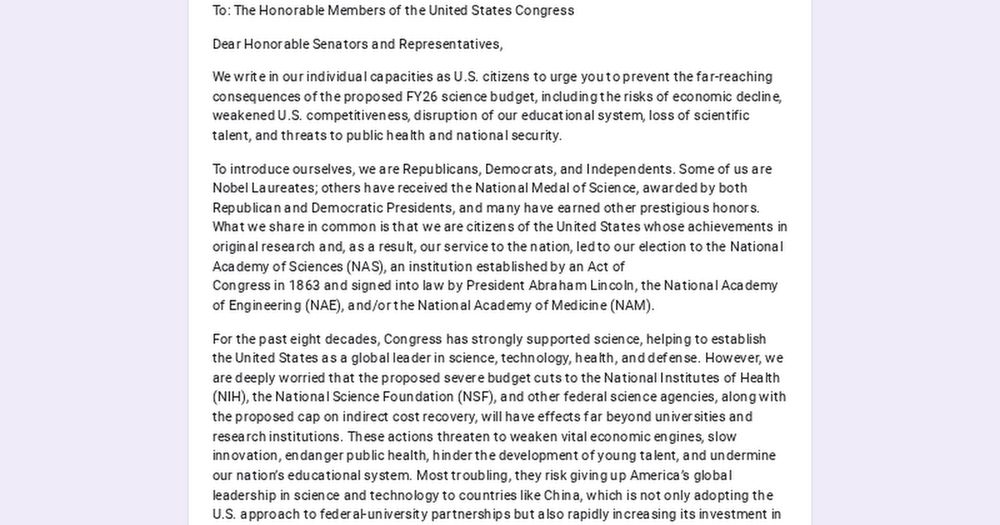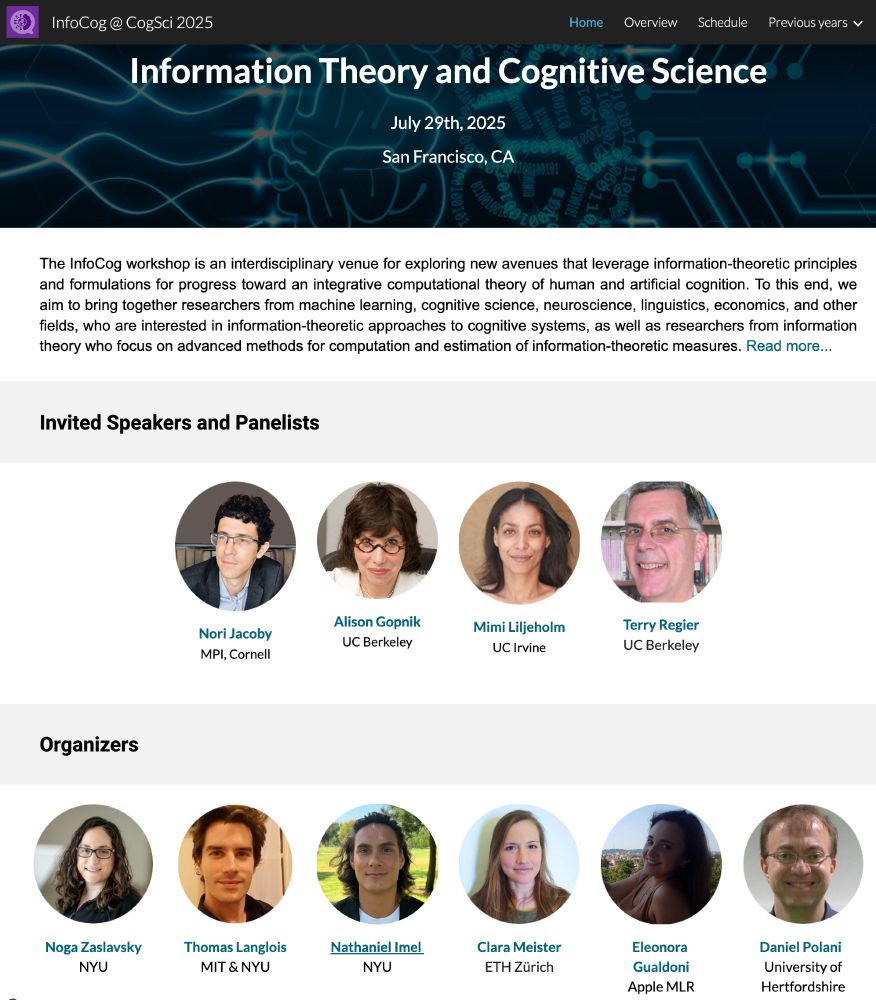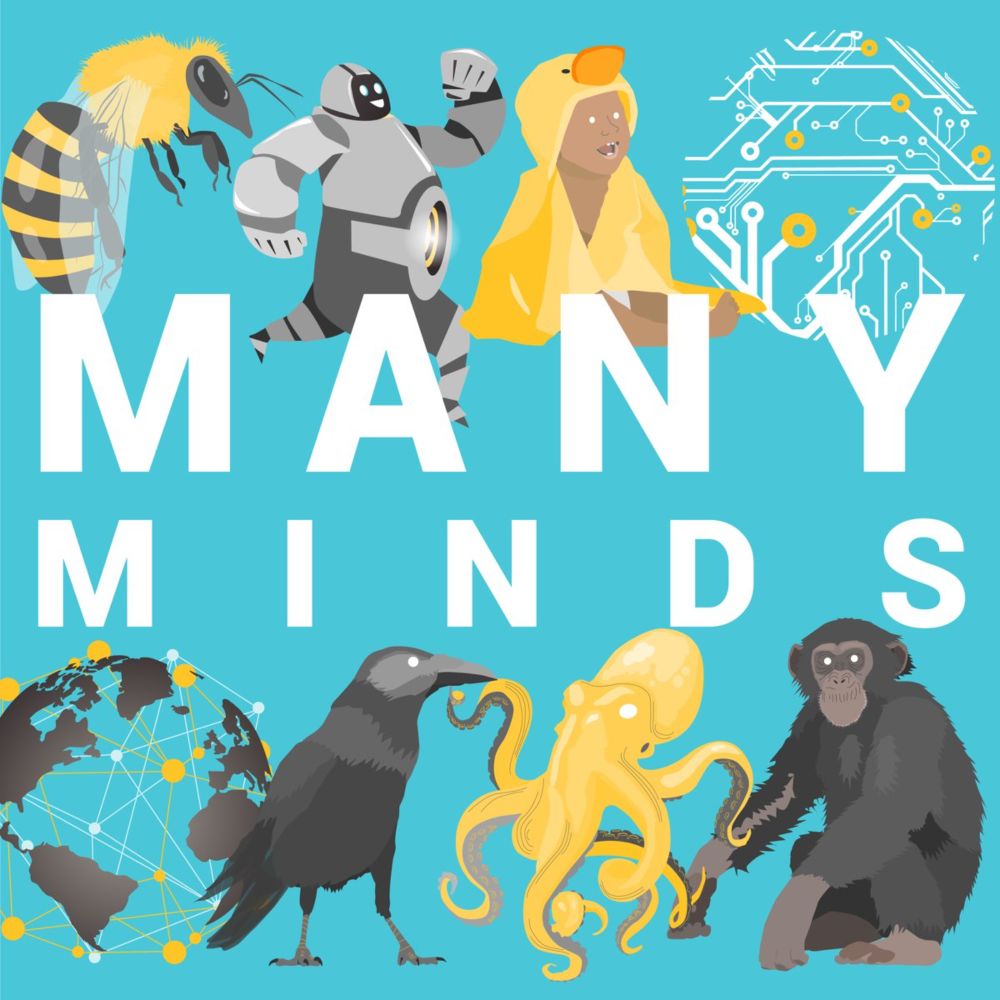Alison Gopnik
@alisongopnik.bsky.social
7.3K followers
77 following
83 posts
Cognitive scientist, philosopher, and psychologist at Berkeley, author of The Scientist in the Crib, The Philosophical Baby and The Gardener and the Carpenter and grandmother of six.
Posts
Media
Videos
Starter Packs
Reposted by Alison Gopnik
Reposted by Alison Gopnik
Reposted by Alison Gopnik
Reposted by Alison Gopnik
Reposted by Alison Gopnik
Reposted by Alison Gopnik
Alison Gopnik
@alisongopnik.bsky.social
· Aug 24

Why it's good to be a little nosy, according to science
It’s not eavesdropping, it’s social curiosity. A new study on chimpanzees and children reveals that being interested in others is essential to who we are— and there’s a lot we can learn by leaning int...
www.nbcbayarea.com
Alison Gopnik
@alisongopnik.bsky.social
· Aug 20
Alison Gopnik
@alisongopnik.bsky.social
· Aug 20
Reposted by Alison Gopnik
Reposted by Alison Gopnik
Nora Newcombe
@noranewcombe.bsky.social
· Aug 17

CE-Letter to Congress Requesting Protection of Science Funding in the FY26 Budget
To: The Honorable Members of the United States Congress
Dear Honorable Senators and Representatives,
We write in our individual capacities as U.S. citizens to urge you to prevent the far-reaching cons...
docs.google.com
Reposted by Alison Gopnik
Reposted by Alison Gopnik
Reposted by Alison Gopnik



















